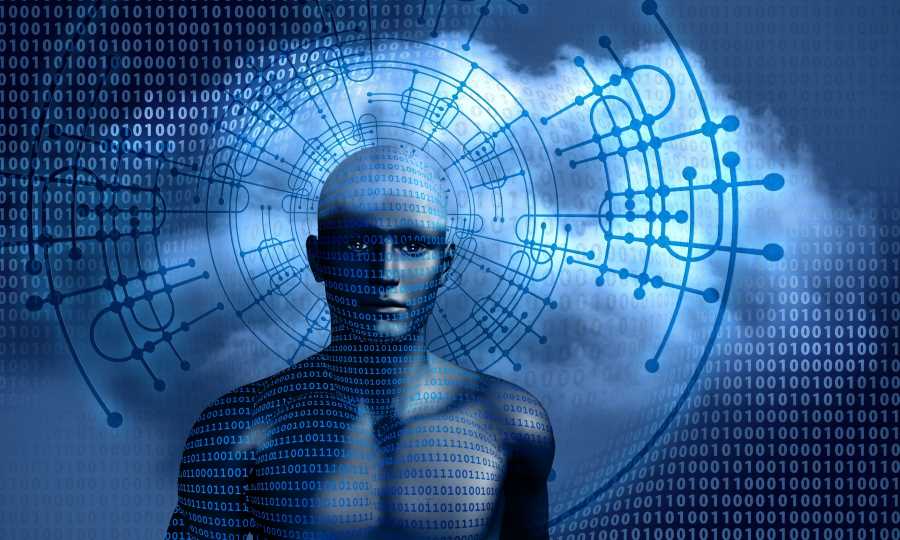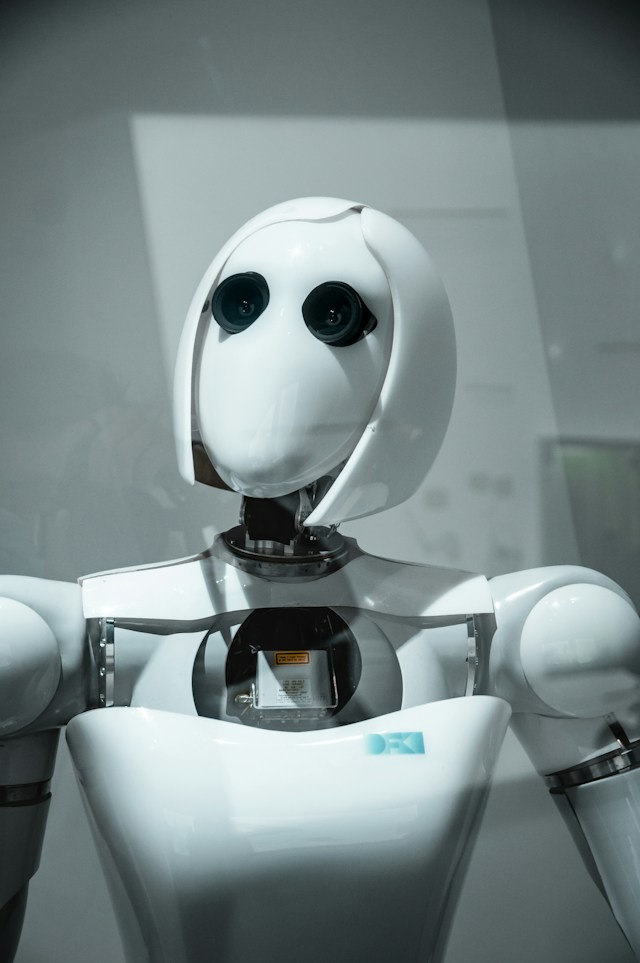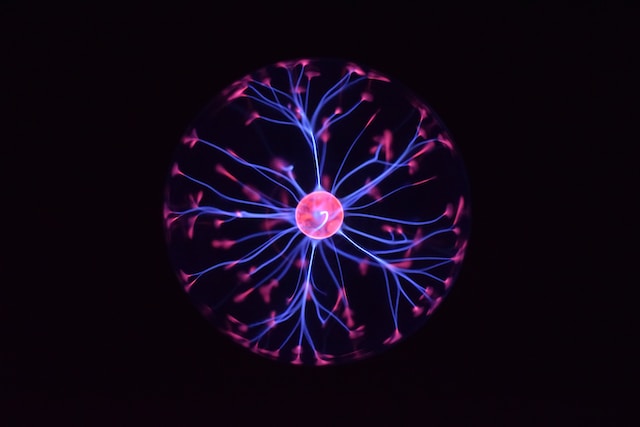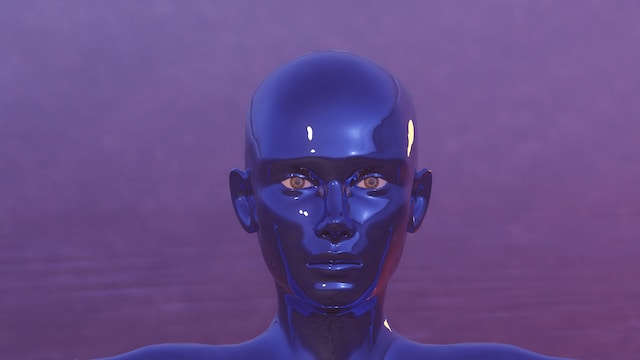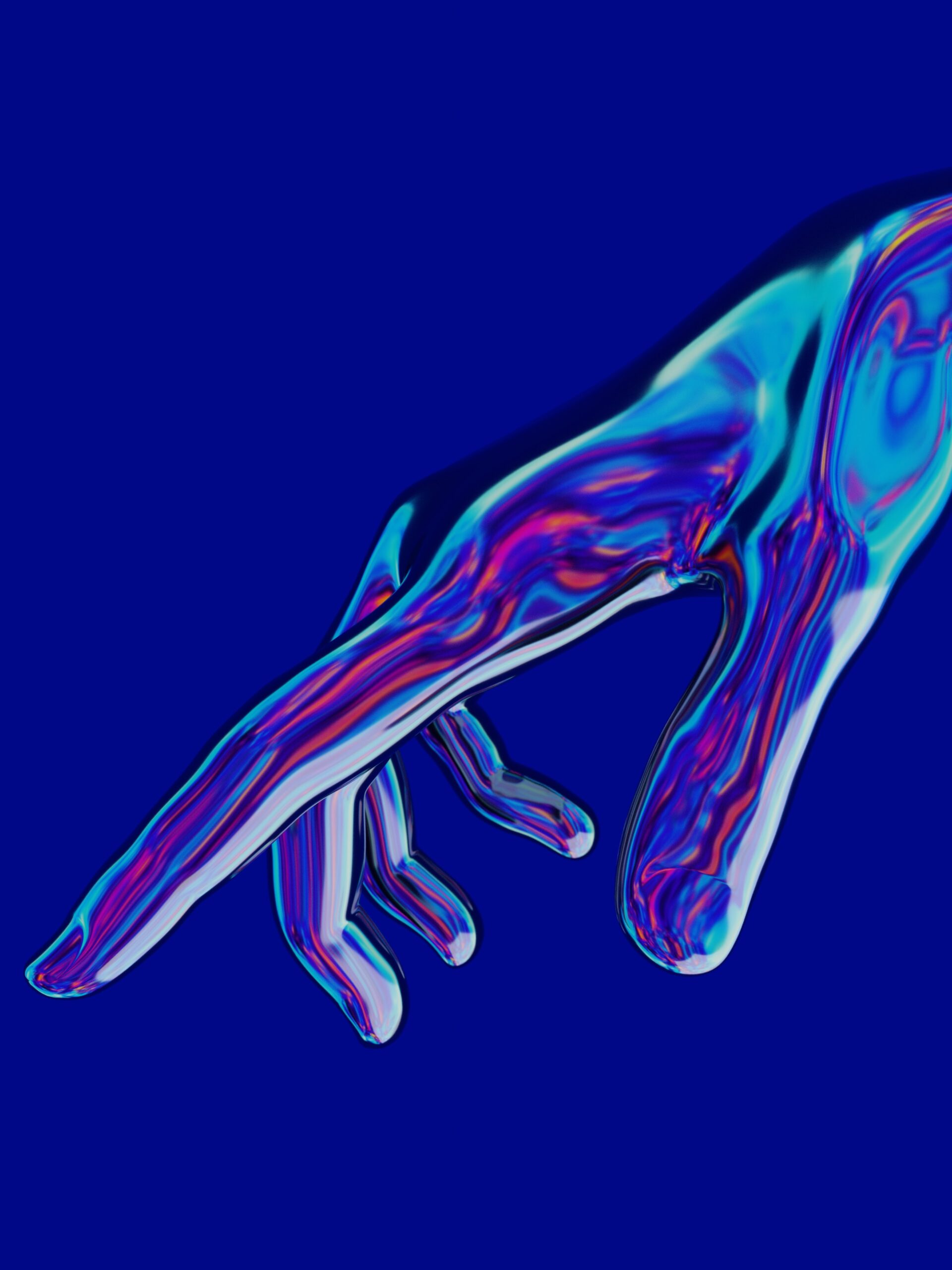When famous philosopher Friedrich Nietzsche used the powerful allegory of the Übermensch in Thus Spoke Zarathustra for the first time, he could never have imagined that we would still be discussing ultra-humans in the 21st Century, and in increasingly concrete terms. The “Beyond-Man,” the “Superhuman,” the “Overman,” described by Nietzsche had very different characteristics from those yearned for today by the Transhumanist philosophy, with the progress of science and technology; the Übermensch places greater emphasis on the concept of self-realization rather than a technological transformation.
However, Nietzsche’s Overman and Transhumanism share the same existential thrust, the same urgency to go beyond, to surpass the hideous human potentials and become something more, something different. They share the same necessity to be a bridge, and not an end. Of course there are substantial differences between these two concepts from the theoretical and philosophical point of view, but this suggestive similarity between Übermensch and Transhumans, even on a lexical level, is very useful to delve into the perspective of this tecnoprogressive movement.
Transhumanism and the improvement of human life
Transhumanists are not superhumans, but as the word implicitly says, they firmly believe in the need for a passage, a bridge, between the current human species and a new organism, transformed and enhanced by the use of cutting-edge technology. Transhumanism is not dystopian science-fiction, but an actual intellectual, cultural, and socio-political movement which has the aim to radically transform human beings, improving their physical and cognitive capabilities through science. The transhumanist perspective states that it feels the “moral duty” to enhance human performances, in order to eliminate all the negative aspects of the human condition such as suffering, illness, aging, and even mortality.
The use of new technologies and experimentations – primarily artificial intelligence, robotics, genetic engineering and nanotechnology – is aimed at achieving this ultimate goal: becoming post-human, a new kind of human being, altered but better. Interest in life extension strategies and research on cryonics is also relevant, in order to improve health and longevity.
Transhumanists are not only scientists – they are philosophers, intellectuals, experts of several fields, all united by the great optimism regarding scientific possibilities, and by the aim to improve human nature and its life (and afterlife) conditions. But what does the concept of enhancement actually mean? Are the ideas of quality of life, empowerment, normality conceivable as absolute goals? And how is the alteration of human nature through technology configured from an ethical point of view? In this article, these and many other philosophical dilemmas will be addressed, conscious that a thought such as transhumanism, precisely because of its blind spots, can be divisive and raise debates.
We live in an age of complexity, where every day we experience societal and behavioral changes, thanks to technology and medical and scientific advancement. Our body will probably be augmented, optimized and continually monitored, with this in mind marketing and business practices will change their targets; virtual reality and artificial intelligence will increasingly play an active role in our society, also surprisingly helping us to experience empathy and human qualities. Thus, debates on bioethics are often on the agenda. Asking ourselves what the future of human beings is and what possibilities they have, is the least we can do. In this sense, the transhumanist movement can offer a glimpse into the extreme perspective of re-planning, which reminds us, however, that a plan is necessary.
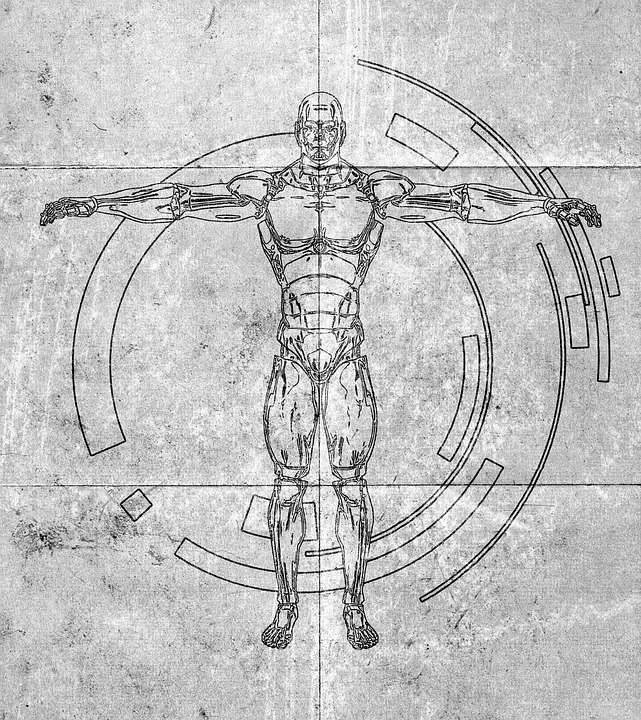
Who are the trans-humans and who will be the post-human?
The word transhumanism brings to mind humanism, the school of thought that emerged during the Renaissance. In fact, transhumanism shares the same desire to put the human being at the center, the value of personal autonomy and agency, the strong belief in human rationality. Transhumanists, just like Renaissance humanists, have often appropriated, sometimes with misreadings, ancient philosophy and mythology, emphasizing the importance of figures such as Plato, Aristotle and Prometheus.
However, it is in the latin suffix trans- where the meaning of the word is hidden. The term transhumanism was originally coined in 1957 by the English biologist Julian Huxley, indicating the enhancement of the human condition through socio-cultural change; it was only later that it acquired the meaning of self-improvement and body modification through technological revolution.
The transhuman is a “trans-itional human”, who aims to become posthuman, and is now in a decisive phase. It must not be scared by technophobia and limits, because, according to the Transhumanism Manifesto, “transhumanists aspire to personal growth far beyond the biological limitations to which today’s man is bound” and they will be “proponents of well-being for all sentient beings”.
The posthumans of the future will be typified by a life expectancy greater than 500 years, duplicated cognitive capacities, control of sensory inputs, without psychological suffering. This seems like a utopist perspective of progress for all mankind, but it should be considered on an anthropological, ethical, and philosophical level in order to be understood in its completeness.
Transhumanism and ethical dilemmas
According to Nick Bostrom, a Swedish Philosopher and co-founder of the World Transhumanist Association, ethical perspectives on human improvement oscillate between transhumanist and bioconservative positions. Bioconservatorists mostly criticize that human enhancement technologies will undermine human dignity.
Undoubtedly, ethical problems in the implementation of transhumanism exist. One could discuss the inherent immorality of practices such as coercive basic eugenics, or the implementation of microchips at birth to enhance both biological and emotional aspects, advocated in the transhumanist postulate.
For these reasons, Fukuyama has defined Transhumanism as “one of the most dangerous ideas in the world”; Habermas has criticized its violation of the individual moral autonomy, in this way subjugated to social, political or economic interests. But ethical issues can be seen not only in practice, but also in its conceptual assumptions:
1. The concept of personhood
Transhumanists view mankind, fundamentally from a neurobiological and functionalist point of view, as synonymous with their functions. This efficient reduction, according to many scholars, raises doubts about the concept of personhood. It excludes the ability to improvise and be creative, but above all, it considers the person as an “entity that produces acts of reason”, excluding from that category all the people who do not reason, who are not sentient (from disabled people without the use of reason to people in a coma or vegetative state), and gives the status of person to those who appear to have rational intelligence, i.e. machines.
The criterion of personhood is a concept that is valued by transhumanists, who instead claim to have an extremely inclusive perspective, to the point of extending the status of person to many possible posthumans, with equal dignity.
2. The concept of human dignity and the problem of values
Human dignity is another aspect that is highly criticized. By eliminating the idea that human beings are different from other living beings and perceiving them as purely biological and rational in nature, even the concept of dignity becomes subjective, and therefore subject to individual interpretations. On the contrary, quality of life, improvement, progress, health, are not objective paradigms. But transhumanism according to scholars treat them like that, ignoring their relativism. It assumes that “The more perfect you are, the happier you are,” superimposing the plane of physical values with the plane of moral values. Human beings, after all, evolve not only materially, but also through their values. The underlying anthropological argument therefore seems to be: what does enhancement mean to a human being?
The bottom line
In conclusion, the transhumanist perspective presents critical issues from an ethical, anthropological and potentially even socio-economic point of view, which can increase the gap between rich and poor; on the other hand, transhumanists argue that one should be mindful of the collective and solidarity aspects of technoscience.
Nevertheless, technological enhancement is not a utopia and currently is more likely a hypothesis. Therefore, the existential implications and outcomes must be considered in a critical manner. Whether or not we want to believe in a humanity that is more and more similar to divinity, we must remind ourselves to remain human, or support the assumption that we are not the final product of evolution and therefore we will continue to evolve. Only the future will tell us which of these visions will be the most far-sighted.
